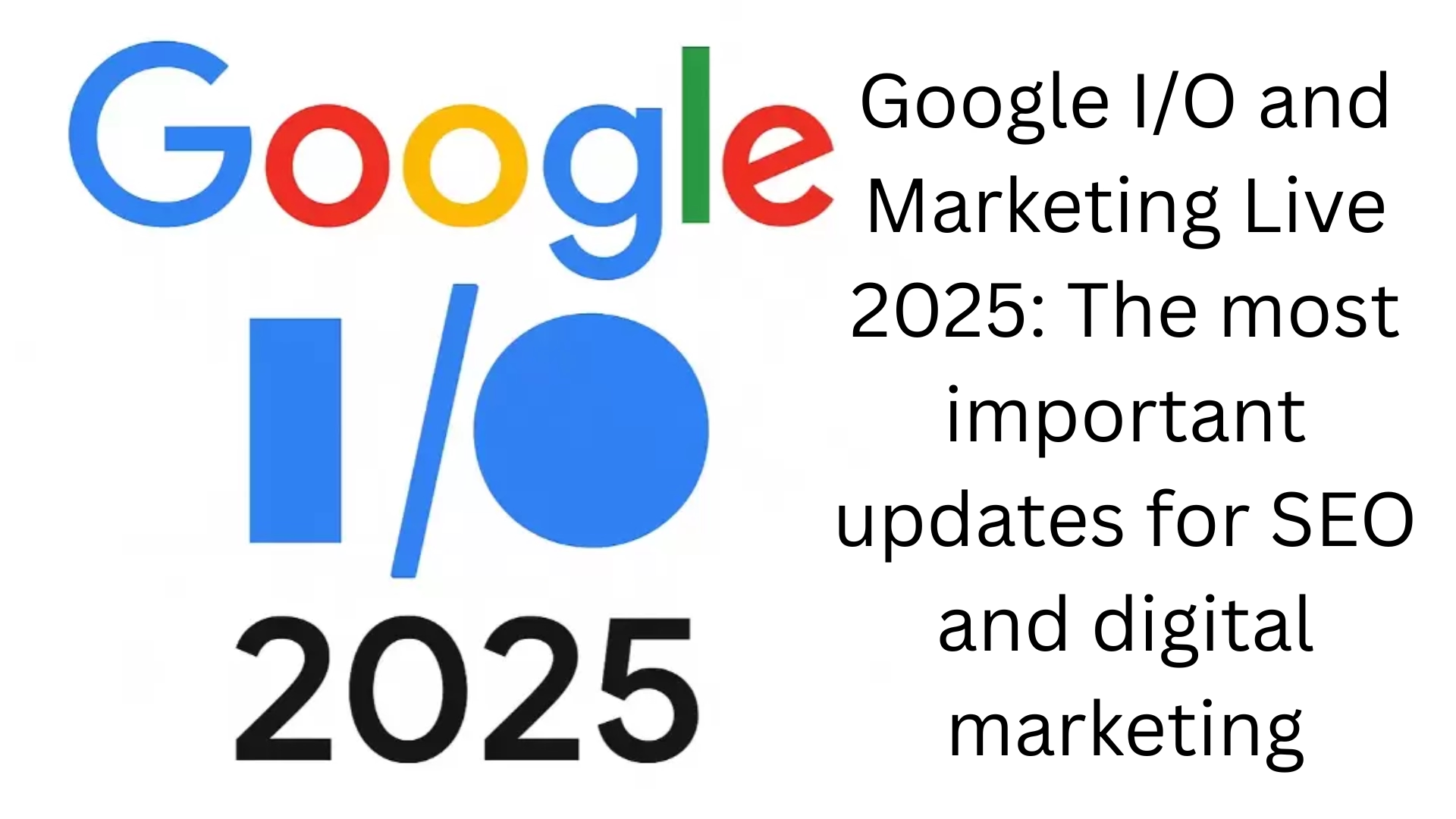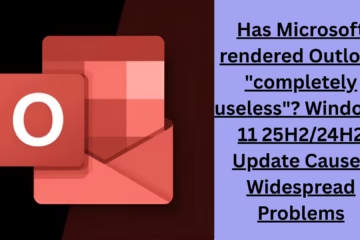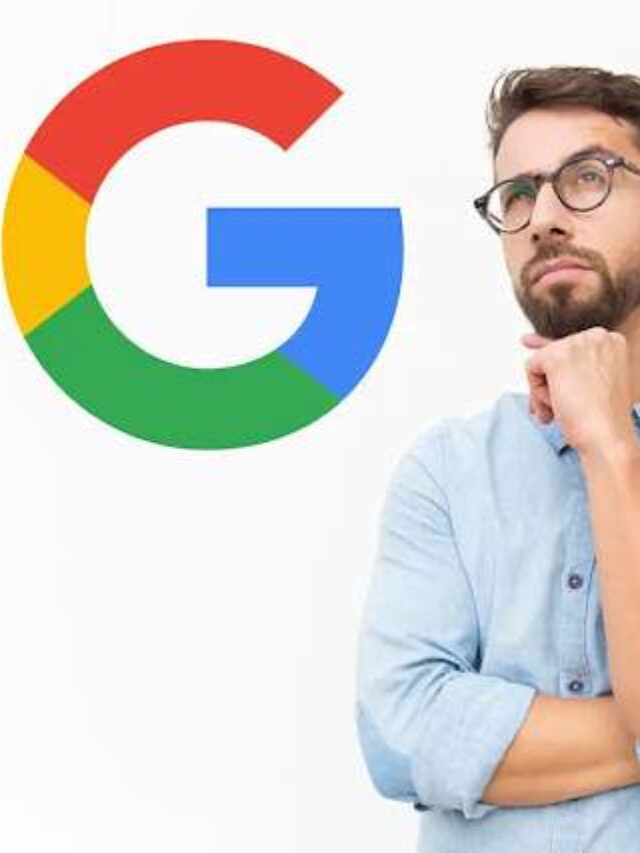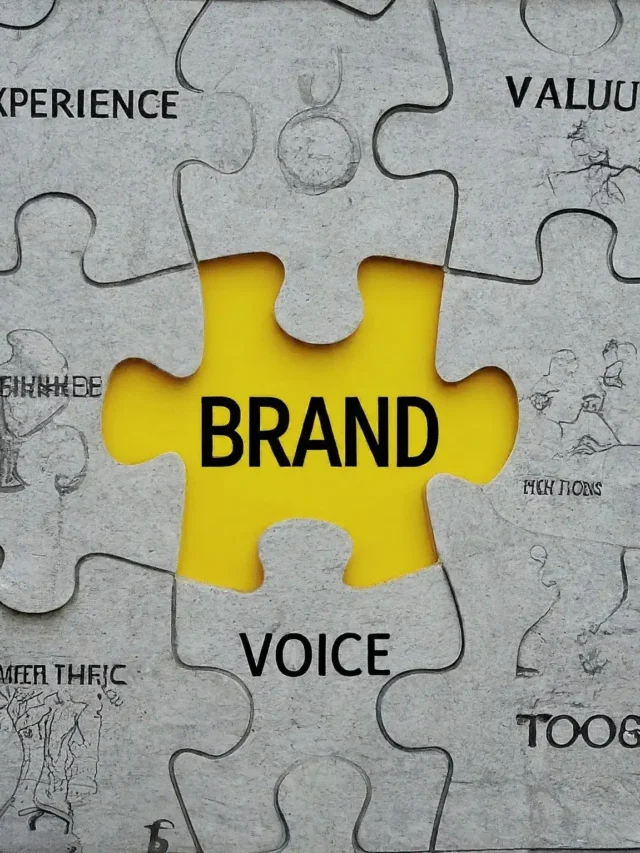The Google I/O conference, held every year, is Google’s major developer event, where it announces new technologies, tools, and AI innovations. At the same time, in Marketing Live 2025, Google has introduced many big changes for the world of advertising and digital marketing.
If you are involved in digital marketing, SEO or online business, then it is very important to know how these new updates of Google can affect your website ranking, traffic and user behavior.
Here are the 17 most important updates from the SEO perspective related to Google I/O 2025 and Marketing Live:
1. Expansion of AI Overviews
Google has now launched its flagship product, AI Overviews, in more than 200 countries. The feature is reaching more than 1.5 billion users every month and taking generative AI to the world’s largest user base.
Now Google’s Gemini AI models will connect with other Google services (such as Gmail, Docs, Calendar, etc.) to provide a personalized experience.
Impact on SEO:
AI Overviews now appear at the top of search results, which can reduce the general click-through rate. But users who scroll down or engage deeply with AI Overviews can become more valuable visitors. Now, a new form of SEO is emerging, which includes LLMO (Large Language Model Optimization), GEO (Generative Engine Optimization), and AEO (Answer Engine Optimization).
2. Ads will now appear in AI Overviews
Google will now show relevant ads within AI Overviews. For example, if a travel-related query is made, then sponsored ads related to that can appear.
Its importance:
Advertisers have got a new premium space due to AI Overviews appearing at the top. Brands now need to create AI-friendly ad copy that is accurate, engaging, and matches user intent.
3. AI Mode and Deep Search
AI Mode is a new feature from Google where users can interact with Gemini 2.5 AI. This mode now also has an option called Deep Search that does in-depth research based on the user’s query and gives a dedicated answer.
Example:
If a user asks, “What are the best cheap and fun summer camps for my kids?” then Deep Search will gather data based on that and generate a report.
Change in SEO strategy:
Content now needs to be optimized for conversational queries and not just keywords.
Also, if you can imagine the questions that users might ask AI, you can make your content relevant to AI.
4. AI Agents: The New Age of Digital Assistants
Google has now introduced AI Agents that can automatically complete multi-step tasks. Such as booking tickets, reserving a restaurant, or finding a flat.
Its impact on businesses:
Now users can book a service or product without even visiting the website. In such a situation, e-commerce, hospitality, and local service businesses should keep their schema markup, Google Merchant Center connection, and website data accurate.
5. AI-based forecasting and insight tools
Now, planning for the future and identifying trends has become smarter than ever. Google has introduced new Gemini-powered AI Forecasting Tools that can predict possible changes in the market, sales estimates, and upcoming trends.
Importance in SEO and marketing:
AI insights will enable teams to identify trends in advance and make strategic decisions on time. This will help businesses stay ahead of the competition by making faster decisions.
6. Priority to first-party data
Now Google’s focus is on first-party data, that is, the data you collect directly from your customers. Google has announced that it will prioritize this data across its products—Search, Gmail, Chrome, and Shopping.
Impact on SEO and advertising:
As third-party cookies become less common, brands will need to strengthen their first-party data collection. With the right website and CRM integration, you can stay ahead in Google Ad audience building.
7. Multimodality
Google is now working on multimodal search, in which users will be able to search with images or live video along with text. The Search Live feature launching this summer is an example of this.
Impact for businesses:
It has now become necessary for visual industries like DIY, home decor, and fashion to have clear, attractive visual presentations of their products and services so that they can adapt to this new search trend.
8. Updates in Performance Max Campaigns
Performance Max (PMax) is an all-in-one Google Ads campaign type that runs ads across platforms like Search, YouTube, Display, Maps, etc. Now, Google is adding new features to it like dynamic asset generation, better creative rotation, and budget control via Gemini AI.
Significance for advertisers:
Brands that regularly use PMax will now be able to get more returns with less effort. Smart automation will help your team make easier decisions.
9. AI Creative Tools: Imagen 4 and Veo 3
Google has introduced Imagen 4 (photo generation tool) and Veo 3 (video generation tool), allowing marketers to create high-quality visuals from text prompts.
Benefits:
Brands no longer have to wait for designers for small campaigns. These tools will help create visual content quickly and support larger marketing strategies.
10. AI Shopping Partner
Google’s AI Mode now comes with features like virtual try-on, shopping conversations with AI, and shopping directly from an AI chatbot.
Impact for e-commerce SEO:
Keyword-based SEO alone is no longer enough. You also need to use conversational and long-tail keywords in your product detailing, as if the user is talking to a sales assistant.
11. Retail-specific improvements
Google is improving online store integration to show real-time inventory, pricing, and loyalty program information directly in Search.
Important steps:
If your website’s inventory isn’t updated in real-time, you’ll be left behind in Google’s new search infrastructure. So, the inventory management process needs to be improved immediately.
12. Updates to Smart Bidding
Smart Bidding, Google’s AI-powered bidding tool that optimizes clicks and conversions, is getting new upgrades in 2025 that will bring more flexibility, especially in keyword targeting and intent levels.
What you’ll get:
You’ll now be able to use your budget more efficiently and get a better ROI with Google Ads.
13. Shopping integration in YouTube Shorts
YouTube Shorts is no longer just a source of entertainment—it’s becoming a powerful shopping platform. Google has added product tagging and automatic AI-powered shoppable features to YouTube Shorts.
Implications for SEO and ecommerce:
Brands can now sell directly through their short video content. This feature opens up a new revenue channel for ecommerce companies. If your brand is active in video content, this change could prove to be a game-changer for you.
14. AI Ultra subscription launched
AI Ultra is a new premium subscription that gives users early access to all the latest and powerful tools of Google AI. It costs $249.99/month, giving professional marketers and business owners a chance to stay ahead of AI innovation.
Importance in SEO and marketing:
Users who start using these tools early will be able to create advanced marketing strategies before the trend. This gives an edge over the competition.
Want to grow your website organically? Contact us now
15. Gemini integration into the Google ecosystem
Gemini AI is now being integrated into all of Google’s products—including Search, Ads, Gmail, YouTube, Shopping, and Performance Max. You can now use Gemini to create ad campaigns, get creative ideas, and get performance recommendations.
Benefits for digital marketers:
This integration makes it easier to create and manage ads. With smart suggestions, Gemini is now making advertising faster, smarter, and more effective.
16. UX and Ads improvements in the Google Play Store
Updates coming to the Google Play Store will benefit both users and developers. These include:
AI-curated topic pages
Audio previews of apps
Better subscription management tools
Important for SEO and app marketing:
Developers will now need to use the right keywords, engaging metadata, and user-friendly language in their app descriptions to get their apps to show up on AI-generated pages. This will increase both the retention and download rates of the app.
17. Immersive Video Ads: A Combination of Shopping and Storytelling
Google is now testing interactive video ads that allow users to purchase tagged products while watching a video.
Implications for the eCommerce industry:
This type of ad enhances the interactive experience for consumers, leading to higher engagement and conversion rates. If your brand creates video content, this ad format can be highly beneficial for you.
Final Conclusion: What to do now?
All these updates are aimed at helping businesses, especially ecommerce and app-based brands, adapt to the rapidly changing digital landscape.
Adopt YouTube Shorts as a shopping tool.
Take advantage of Gemini and AI Ultra tools.
Focus on Play Store app SEO.
Prepare for immersive video ads.
If you adopt these changes quickly, your business can stay several steps ahead of competitors. For more information or professional digital marketing assistance, contact Siya Ram SEO Services now.
Original News:neilpatel












